Category: State
-
Breaking down partisanship on the New Jersey Supreme Court
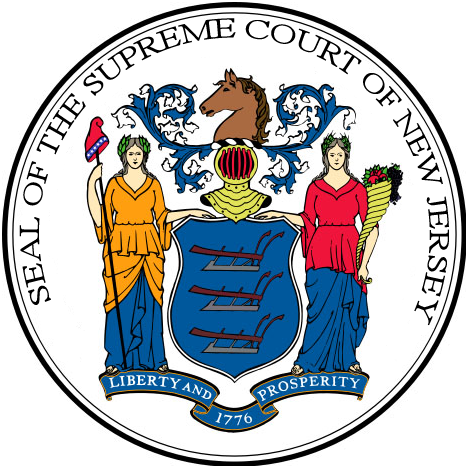
A recent Ballotpedia study on state supreme courts revealed that of the seven justices on the New Jersey Supreme Court as of June 2020: Two justices had some level of affiliation with the Democratic party Four justices had a Republican affiliation One justice had an indeterminate partisan affiliation. In “Ballotpedia Courts: State Partisanship”, we gathered…
-
Voters in Alabama Senate district to decide special election on Mar. 2
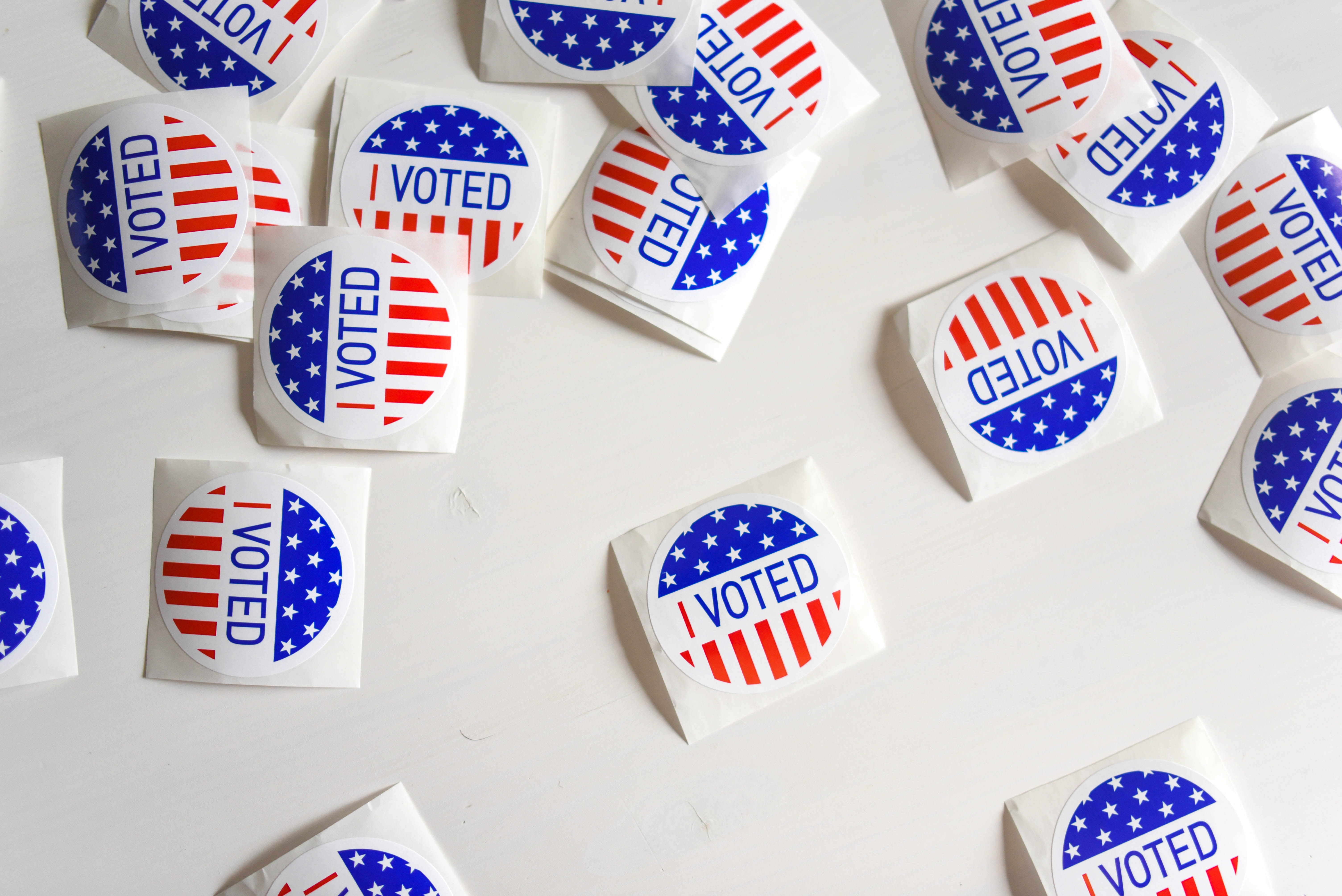
A special election is being held on March 2 for District 26 of the Alabama State Senate. State Rep. Kirk Hatcher (D) and William Green (R) are facing off in the special election. Hatcher advanced to the general election after defeating former state Rep. John Knight in the Democratic primary runoff with 74.2% of the…
-
Diego Hernandez resigns from Oregon House of Representatives
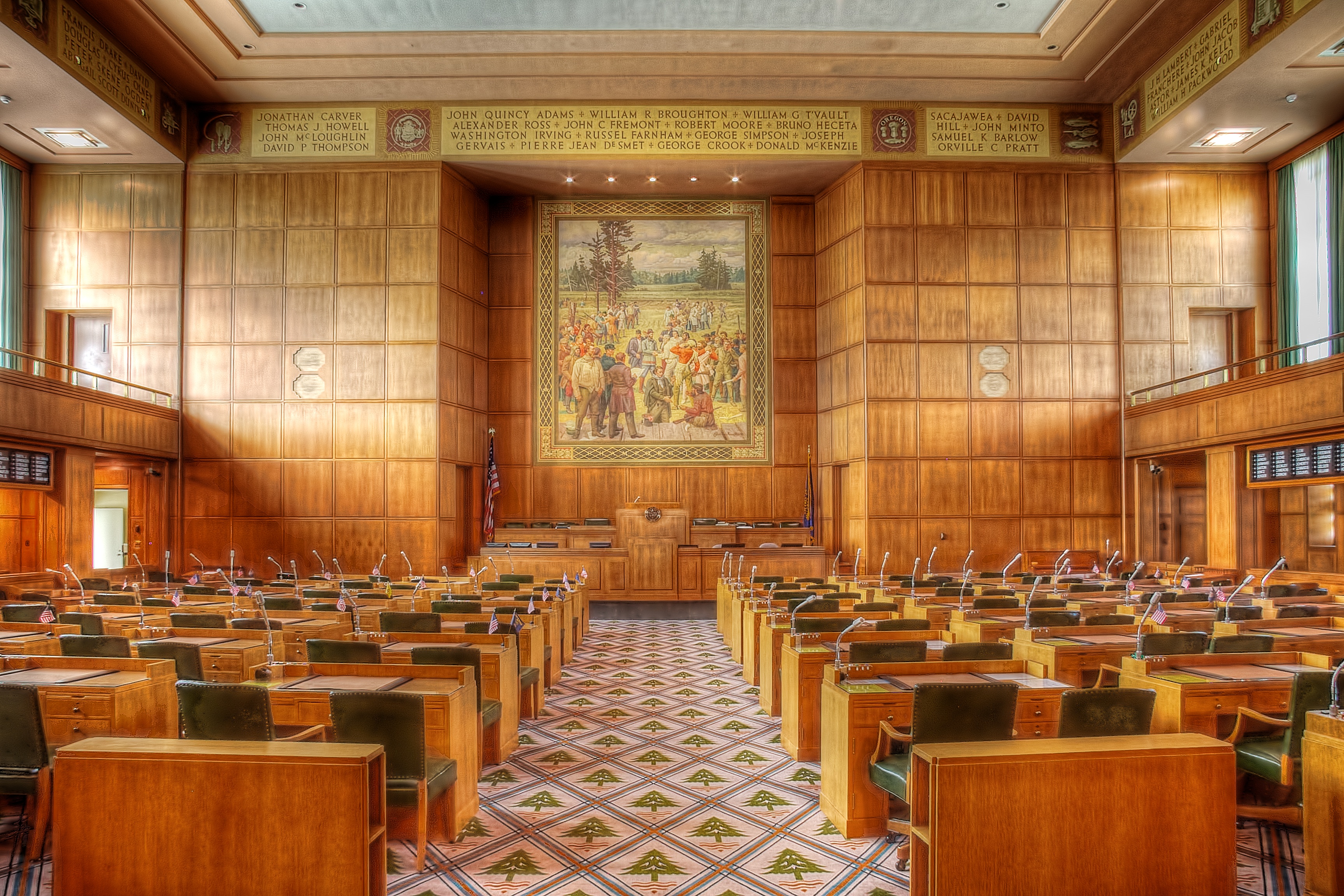
On Feb. 21, Rep. Diego Hernandez (D) resigned from the Oregon House of Representatives. He represented District 47 from 2017 to 2021. On May 4, 2020, the interim House Conduct Committee in the Oregon House of Representatives opened an investigation after seven individuals accused Hernandez of verbal and physical sexual harassment and creating a hostile…
-
Sponsors of South Dakota medical marijuana initiative propose alternative implementation schedule after Gov. Noem proposed a 1-year delay

In November, South Dakota became the first state to vote on recreational and medical marijuana at the same election. Voters approved Initiated Measure 26 by a vote of 70% to 30% and Constitutional Amendment A by a vote of 54% to 46%. IM 26 was designed to establish a medical marijuana program in South Dakota…
-
New Jersey state Senator Gerald Cardinale dies

New Jersey Sen. Gerald Cardinale (R) passed away on Feb. 20, after being hospitalized with an illness unrelated to COVID-19. The second-longest-serving New Jersey legislator, Cardinale was first elected to Senate District 39 in 1981, serving until his death. Prior to joining the state Senate, Cardinale was a member of the New Jersey General Assembly…
-
Maine secretary of state verifies sufficient signatures for ballot initiative to prohibit electric transmission corridors in state’s Upper Kennebec Region

Voters in Maine could decide a ballot initiative designed to stop a 145-mile long, high-voltage transmission project, known as the New England Clean Energy Connect (NECEC), that would transmit hydroelectric power from Quebec to utilities in Massachusetts and Maine. The ballot initiative would also require a two-thirds vote of each state legislative chamber to approve future high-impact (defined)…
-
Eight state legislative seats switched parties in special elections last year
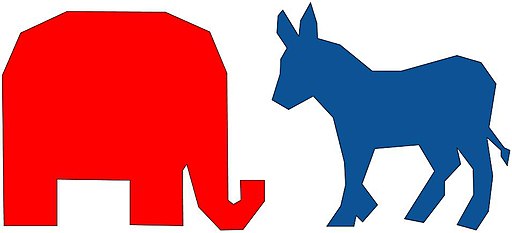
In the 59 state legislative special elections held in 2020, eight seats changed partisan control. Democrats flipped seven seats and Republicans flipped one. Between 2010 and 2020, an average of 71 state legislative special elections took place each year. In those 782 elections, 103 seats (13.2%) changed partisan control. Democrats flipped 56 seats, Republicans flipped…
-
Supporters, opponents of Louisiana constitutional amendment on abortion raised over $1 million in 2020
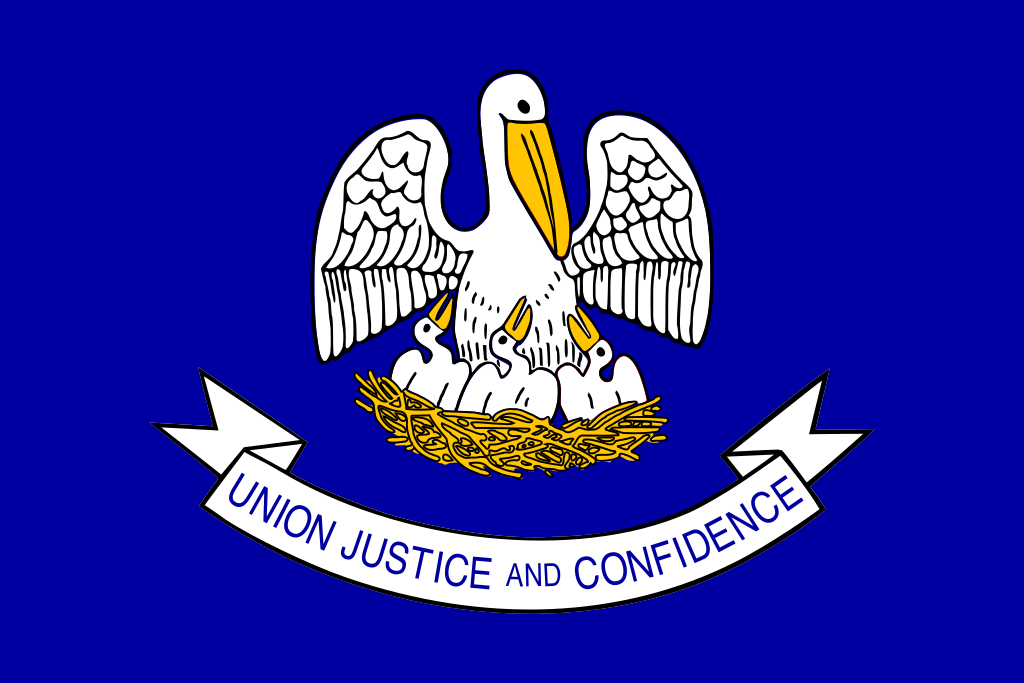
Louisiana Pro-Life Amendment Coalition, the campaign in support of Louisiana Amendment 1, and Louisiana for Personal Freedoms, the opposition campaign, reported receiving a combined total of $1.1 million in contributions for the 2020 election cycle. Louisiana voters approved Amendment 1 in November 2020 by a vote of 62.06% to 37.94%. It added language to the…
-
Who funded the campaigns for and against ranked-choice voting ballot measures in 2020?

Voters in Alaska and Massachusetts decided statewide ranked-choice voting ballot measures in 2020. Alaskans approved an initiated statute to replace partisan primaries with open top-four primaries and establish ranked-choice voting for general elections, including the presidential election. Voters in Massachusetts rejected an initiative to adopt ranked-choice voting statewide. The top-two donors to the campaigns…
-
North Dakota Supreme Court rules on state legislative appointment
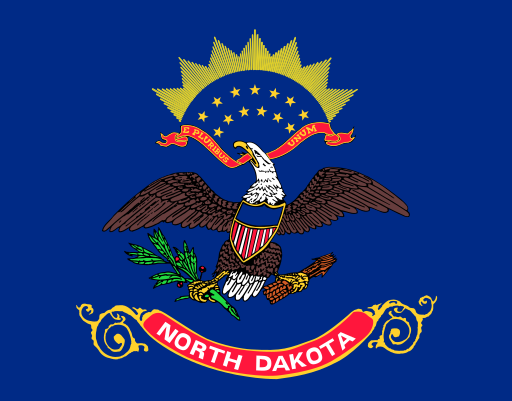
After a state Supreme Court ruling last fall, North Dakota Rep. Jeff Delzer (R) remains in office at the start of the legislative session following a primary defeat in 2020. In North Dakota, each of the state’s 47 districts elects two representatives to the state House. Challengers David Andahl and Dave Nehring defeated Delzer in…

